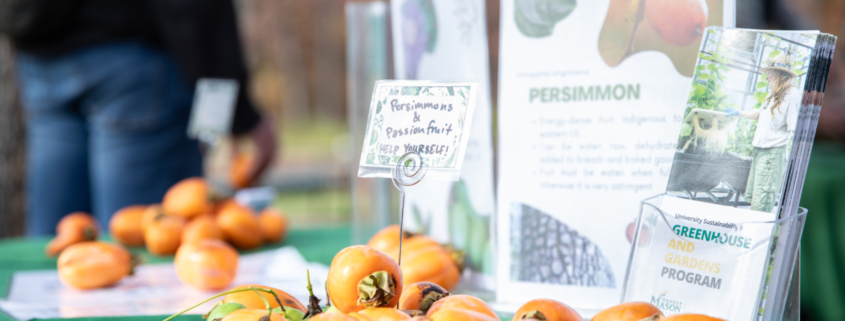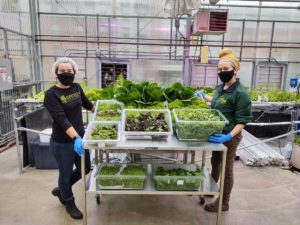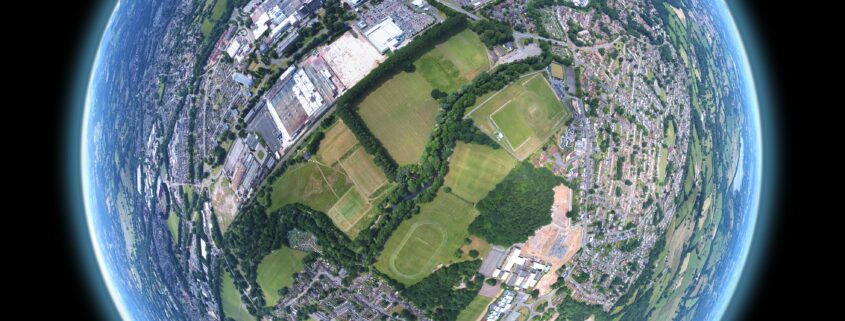George Mason University Forager’s Forest, October 11th
Photo by: Ayman Rashid/Creative Services/George Mason University -Fruits of labor
Friday, October 11, 2024
4:00 PM – 6:30 PM
Anyone interested in volunteering should register for shifts on the University Sustainability volunteer portal (you will need to create an account, but it’s easy): https://gmufacilities.knack.
Project Description
Help sustain a new food forest on Mason campus! The stewardship activities will focus on the Foragers’ Forest and nearby riparian forest at George Mason University’s Fairfax campus. This includes weeding, mulching, planting, etc. in the Foragers’ Forest; and invasive plant removal in the riparian forest.
The Foragers’ Forest is a 100% locally native food forest that was installed in 2023 by Mason students and faculty. The space can best be described as part food forest, part rewilding experiment as it incorporates the Miyawaki method of reforestation. The Foragers’ Forest is adjacent to a recently restored stream and riparian buffer forest.
Important Information for Volunteers
Volunteers should wear pants, long sleeves, and closed toed shoes, and bring water. You may bring your own gardening gloves and loppers/pruners if you have them. We’ll provide gloves and tools if you don’t have them.
Volunteers will meet at one of the Forager’s Forest groves. The groves are located directly across the street from the Aquia Building (4461 Aquia Creek Lane, Fairfax, VA 22030) in the large lawn area. If you have trouble finding he location, call Sarah at 832-917-4024.
The best nearby parking option is the Mason Pond parking deck. Please note this is paid parking and we’re not able to cover parking costs. We will cancel the shift in the event of dangerous weather during the shift (e.g., thunderstorms, tornadoes, hail, extreme heat, etc). We’ll try to notify you as soon as possible if we’re cancelling for weather.




